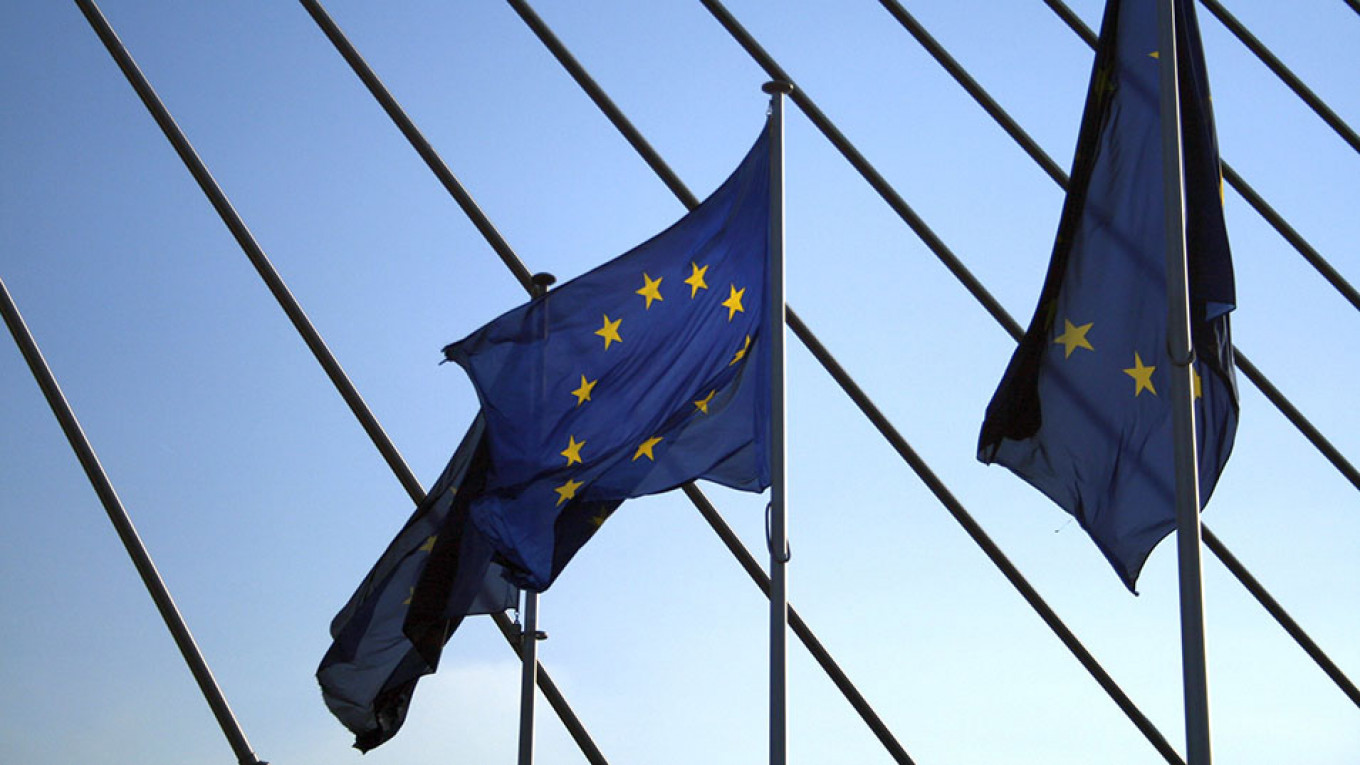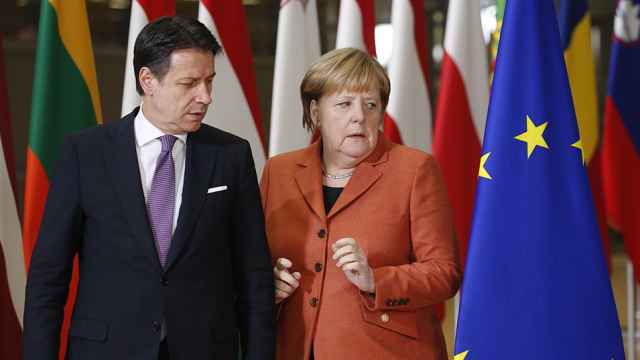The European Union may target a Russian and a Chinese entity, as well as several individuals, with sanctions over cyber attacks, adding to signs of increasing alarm in the bloc over network security.
Five diplomats familiar with the matter said talks on the proposed measures will begin as soon as this week, declining to name the entities targeted and the incidents concerned. Diplomats are typically wary of sharing details about sanctions in advance out of concern for legal action and that those targeted may move their assets to evade punitive measures.
The move would be the first application of the EU’s so-called cyber sanctions regime — a toolbox including travel bans and asset freezes intended to deter cyber attacks. The measures could help quell some U.S. concerns about the EU being soft on China, after the bloc resisted pressure from Washington to ban Huawei Technologies from next generation telecom networks, despite warnings about spying.
The adoption of sanctions requires unanimity among the EU’s 27 members, a clause that has frequently paralyzed EU foreign policy decisions, amid competing national sensitivities and interests. One of the diplomats familiar with the matter said, however, that there is consensus in the bloc that there’s little point in having a cyber sanctions tool, without using it.
The process, which starts with discussions between cyber security experts before EU governments are eventually requested to sign off, may take around two months, the diplomat said. All officials familiar with the matter refused to be named due to the sensitivity of the issue, though two of them confirmed that the targeted groups are linked to China and Russia.
The EU has vowed to project more foreign policy muscle, following a decade during which the bloc was consumed with internal problems, such as Brexit and the sovereign debt crisis. It plans to deploy warships off the coast of Libya, to help protect a UN-mandated arms embargo against interference from powers such as Russia and Turkey in the conflict plaguing the North African country.
Still, the need for unanimity has been a major thorn in foreign policy decision making. Many EU members are wary of endangering relations with China, the bloc’s second biggest trading partner and a major foreign investor in some countries. Others seek a progressive normalization of relations with Russia, on which the EU depends for much of its energy supplies.
A Message from The Moscow Times:
Dear readers,
We are facing unprecedented challenges. Russia's Prosecutor General's Office has designated The Moscow Times as an "undesirable" organization, criminalizing our work and putting our staff at risk of prosecution. This follows our earlier unjust labeling as a "foreign agent."
These actions are direct attempts to silence independent journalism in Russia. The authorities claim our work "discredits the decisions of the Russian leadership." We see things differently: we strive to provide accurate, unbiased reporting on Russia.
We, the journalists of The Moscow Times, refuse to be silenced. But to continue our work, we need your help.
Your support, no matter how small, makes a world of difference. If you can, please support us monthly starting from just $2. It's quick to set up, and every contribution makes a significant impact.
By supporting The Moscow Times, you're defending open, independent journalism in the face of repression. Thank you for standing with us.
Remind me later.






